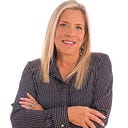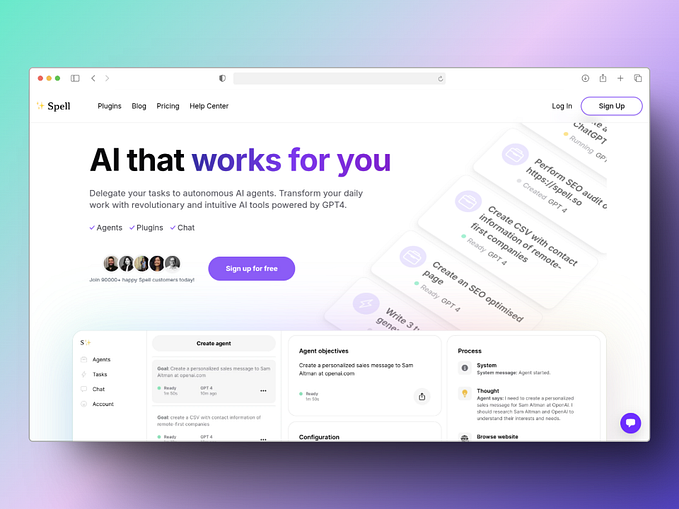Danger: Viral Judging Up Ahead

It’s hard to say what makes something surreal finally register as real for people. Consumers are expert at tuning out any noise they don’t want to hear or don’t think pertains to them. With so much commotion surrounding the outbreak of COVID-19, world citizens put on blinders of varying thicknesses so they could squeeze in last-minute work and social engagements before life as we knew it was canceled.
As a globetrotter and two-time brain tumor survivor, I consider myself in the upper echelon of those heeding warnings and calls to social distance and hunker down. I was the first (OK, maybe the second?) of my friends and coworkers to make my circle smaller. I jumped quickly into the “we” culture for collective health. Yet, all around me, people continued to have playdates, meet with friends for coffee at a cafe, and engage in activities that conveyed normality. Some, even within my family, still took public transit (albeit more cautiously) and went to their offices, bars, and crowded restaurants.
In recent weeks, the beach I’m lucky enough to be able to see from my apartment window in Lutry (Lake Leman) was filled with those cautiously walking, running, and enjoying some safe outdoor solace. Until it wasn’t. The wide swath of sand and rocks that was a last bastion of freedom as COVID-19 positives increased is suddenly much less crowded. I have only been outside twice since Sunday, both for quick trips to the village market, both probably unnecessary.
As the beach cleared here at home, some countries sealed their borders while others instituted shutdowns. Now, millions are sheltering in place. The surreal is all too real.
With my partner and dogs across the pond in New England and social media continuing to be my lifeline, I admittedly was aghast when I saw a photo featuring a friend in New York frolicking down the High Line in Chelsea on a recent sunny Sunday as others scurried for toilet paper and other essential supplies. Was she fatalistic or simply naïve? She hadn’t yet accepted the gravity of the pandemic, that much was clear. I gasped out loud when I saw New York Mayor Bill de Blasio (on television) head to a gym, even as he considered issuing a shelter-in-place order.
I find myself judging the choices of others even though just a few days earlier I had bristled at the judgment permeating the grocery store checkout line. It didn’t feel good when I caught a woman glancing at my cart and silently but overtly judging my sustenance selections. I would be lying if I didn’t admit that my inner eyebrow was raised high on seeing the preservative-filled picks of fellow shoppers. We were all checking out one another’s version of what it means to be well-provisioned for a couple of weeks (or far longer) behind closed doors.
Judgment, it seems, gets fuel-injected during pandemics. It’s present always, of course, but it goes into overdrive when we’re feeling shaky about whether our own choices are the right ones. Should I have grabbed more canned soup? How we hoard and hydrate is as scrutinized as our decisions on whether to go out.
There’s no road map to getting through a pandemic. But I think we might all do a bit better if we were to dial back the snark and sanctimonious stares and accept that we all need to cope in our own ways. Nothing good will come from adding nastiness and nativism to the burden we already share. Judgment holds people back. It makes individuals question decisions that were difficult to make — and that it’s likely too late to change. It kicks up bad feelings and generates doubt. You know what will move us forward? Kindness and acceptance. Let’s double down on those. And, for now, excuse me for having packaged chicken tikka, lasagna, and moussaka in my freezer, once a preservative-free domain.





